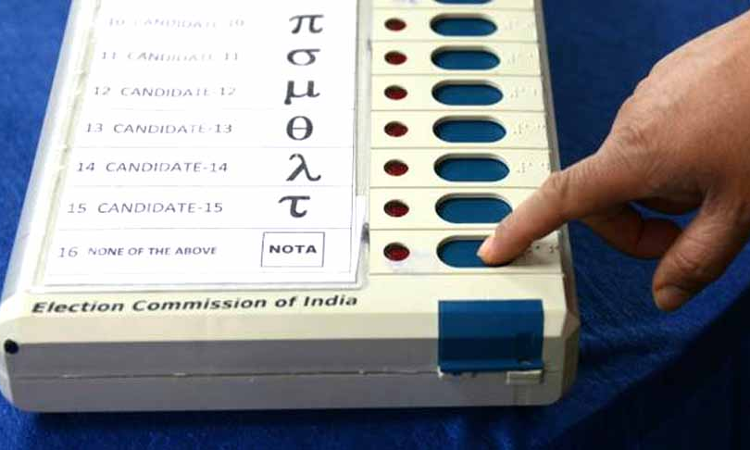DMK Party Moves Madras High Court Questioning New Design Of Electronic Voting Machines, Says Manipulations Possible
Upasana Sajeev
3 April 2024 8:13 AM IST

Next Story
3 April 2024 8:13 AM IST
The Dravida Munnetra Kazhagam party has approached the Madras High Court questioning the design of the third generation M3 Electronic Voting Machines ahead of the upcoming Assembly Elections 2024. The plea, moved through the Organisation Secretary RS Bharathi, says that the present model, in which the Voter Verifiable Paper Audit Trail (VVPAT) is placed between the Balloting Unit and...
